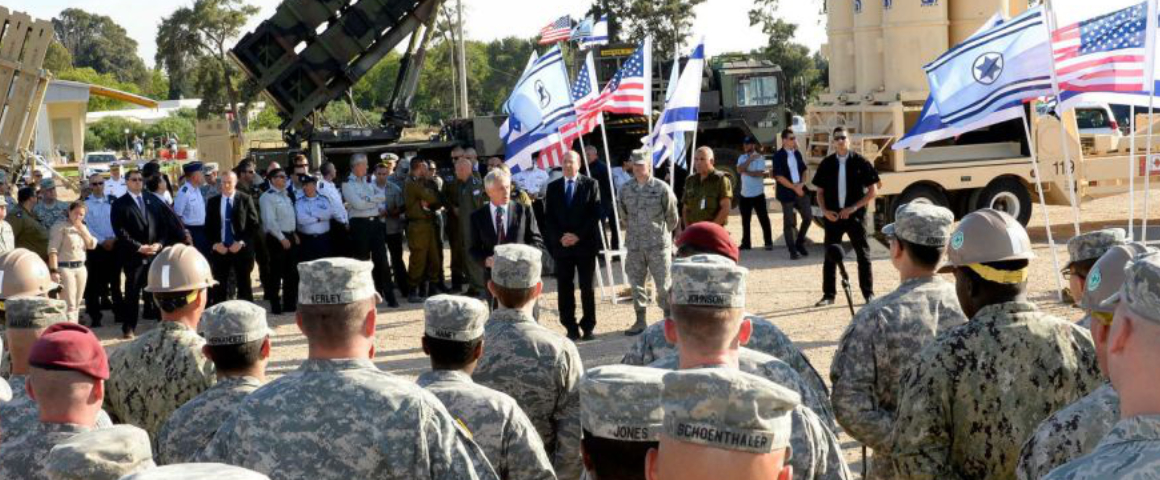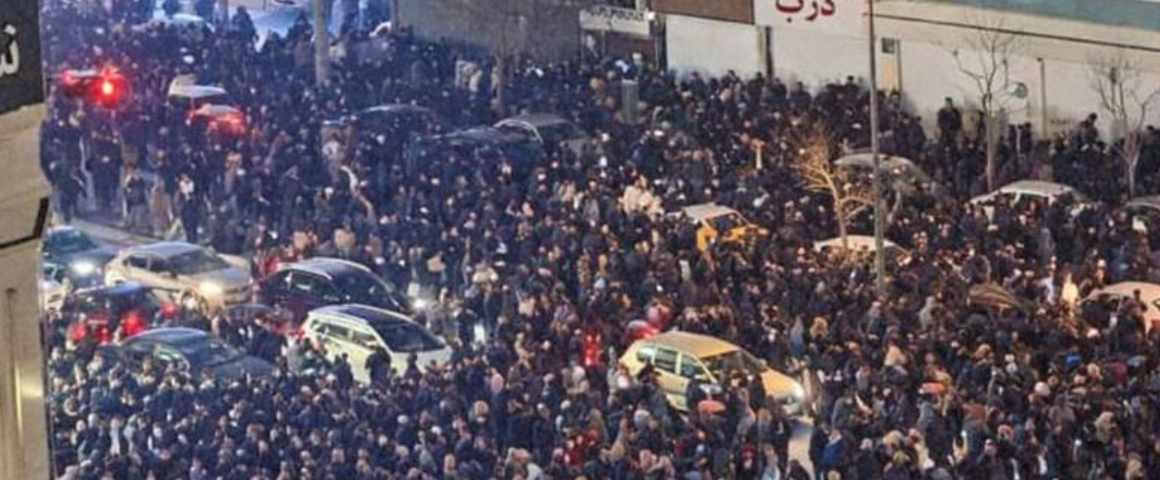By Jad Kabbanji
On October 21, US Defense Secretary Lloyd Austin confirmed that the THAAD missile defense system, accompanied by 100 soldiers to operate it, is now operational in Israel.
This announcement comes against a backdrop of increasing US involvement in Israel’s genocidal war against the Palestinian people since October 7. This has intensified since September with a series of targeted bombings and assassinations which have affected both the Lebanese population and the resistance to Israel.
By targeting Lebanon, Washington is seeking to decisively weaken Iran and reshape the region to suit its interests, promoting a fragmentation that would consolidate US economic influence.
The balkanization strategy
This fragmentation effort is not new. Since the end of the Second World War and the formation of nation-states in the Middle East, the United States has deliberately sought to weaken these entities in order to splinter the region into confessional and ethnic groups. This approach became concrete after the invasion of Iraq in 2003. Its aim is to create a mosaic of micro-states and sectarian factions that are easier to control. By supporting local militias and intervening militarily, the United States has exacerbated religious and ethnic divisions, notably in Iraq, Syria and Libya.
The impact of this strategy is clear: it has destabilized centralized regimes opposed to US control. In Iraq, for example, the 2003 invasion led to the collapse of the nation-state, intensifying divisions between Sunnis, Shiites and Kurds. At the same time, in Syria and Libya, civil wars fuelled by US interference have led to the rise of sectarian armed groups vying for control of territories. This policy of fragmentation is no accident, but a deliberate tactic to weaken nation-states, thereby facilitating control of resources and influence in this strategic region.
Lebanon, a model for imperialist domination
Lebanon is a good illustration of this logic. The US describes the country’s confessional system, which has existed since 1943, as the model for the region. Fragmenting the country along sectarian lines facilitates interference and reinforces foreign influence, while undermining the foundations of a coherent, sovereign nation-state. Lebanon is an example of how a political system based on sectarian divisions can be exploited by imperialist interests to the detriment of the well-being of its population. But, for the United States, this political structure must be generalized throughout the region.
How can Lebanon resist the US and its armed extension, Israel? The answer lies in the aspiration for a united, deconfessionalized state that embodies resistance against Israel, rather than a divided state that has failed in its mission to protect, feed and rehouse over a million civilians fleeing invasion and bombardment.
Just five years ago, on October 17, 2019, the people rose up against this puppet Lebanese state. Among their demands was the call for the establishment of a new regime that would not be at the service of foreign monopolies. Part of the population had come to realize that, in order to resist foreign interference, Lebanon must transcend its sectarian divisions and promote a social project based on equality and justice.
This requires a revision of its political model, but also a genuine mobilization of popular forces in favour of radical change. It means the Lebanese resistance must revolve around a strong, deconfessionalized state, capable of defending its citizens and opposing external aggression. These are the main demands of the Lebanese Committee for Peace and Solidarity, a member organization of the World Peace Council.
Solidarity and mobilization for peace
In the face of this situation and the inability of the Lebanese state to support its population, it is essential to strengthen solidarity with the victims of Israeli aggression. The Mouvement québécois pour la paix (MQP), in collaboration with the Lebanese Cultural Centre, has organized a fundraising campaign for Secours populaire libanais, an organization that has been active in southern Lebanon since 1974.
At the same time, it is urgent to mobilize around the demand for an immediate, unilateral ceasefire. As Canada becomes increasingly involved in the US-led NATO war machine, it is essential to continue building the movement for peace.
Resistance to NATO: a matter of urgency
The urgent need to resist NATO and its destabilizing policies is all the more pressing. At the military alliance’s Parliamentary Assembly meeting in Montreal from November 22 to 25, MQP and the Canada-Wide Peace and Justice Network organized a major demonstration and counter-summit.
It is imperative to build unity in the fight for peace, which includes Canada’s withdrawal from NATO. Together, we can influence the course of events and defend a future based on justice and peace, far from the logic of war.
Clarté
Translated from French by PV staff
Support working-class media!
If you found this article useful, please consider donating to People’s Voice or purchasing a subscription so that you get every issue of Canada’s leading socialist publication delivered to your door or inbox!




